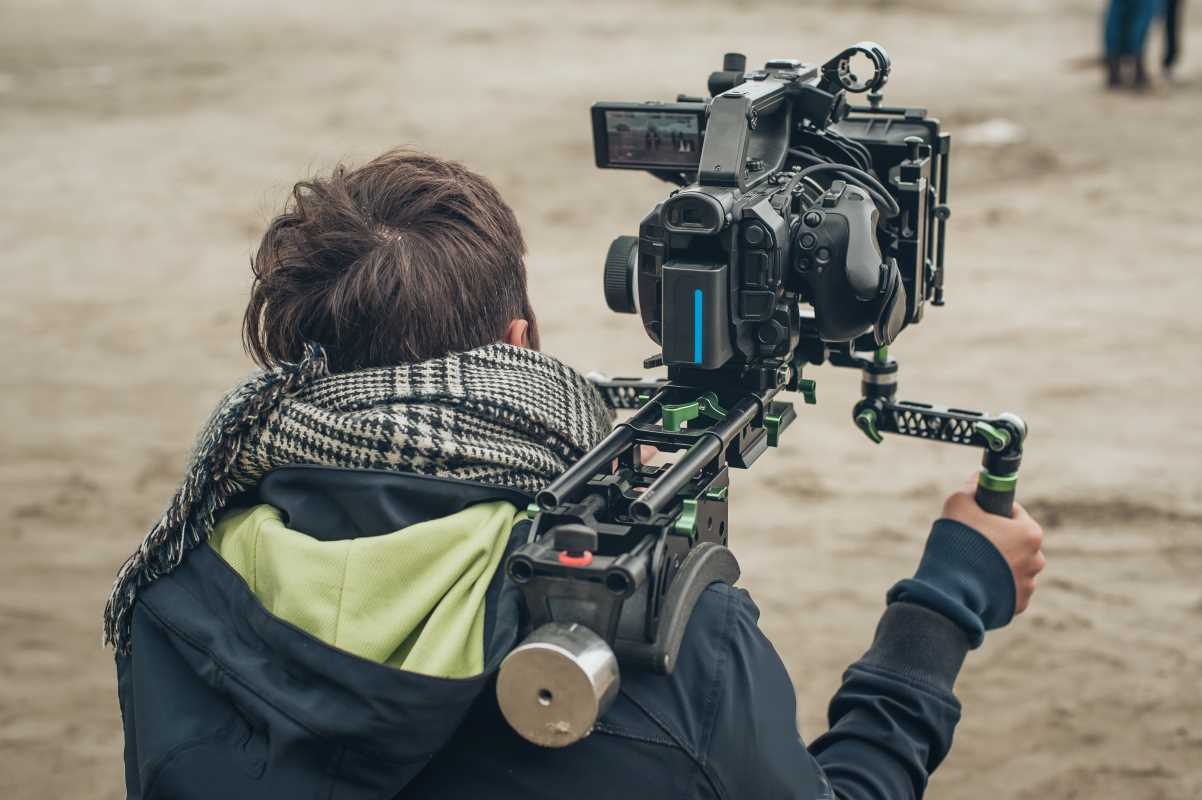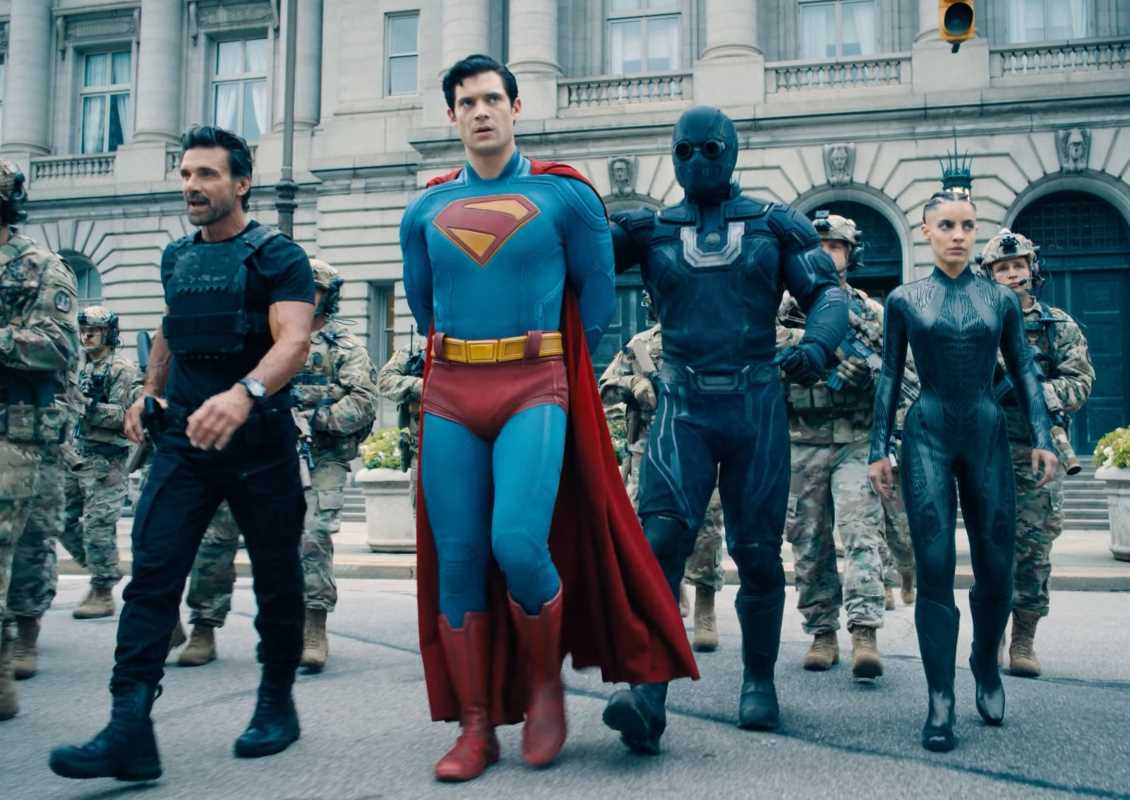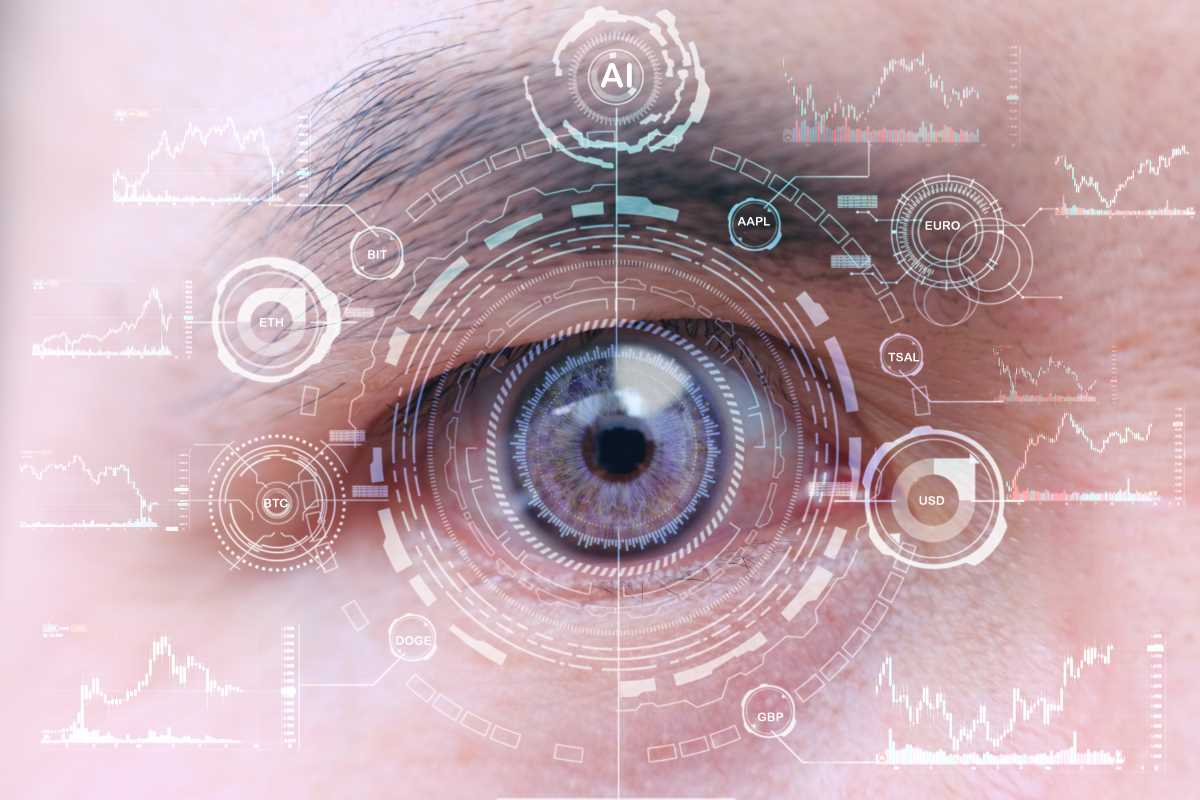Movies have always been a way to entertain and escape, but in recent years, they’ve also become a platform for change. More and more celebrities are using documentaries and advocacy films to shine a light on the world’s most pressing issues. These films go beyond telling interesting stories; they inform, inspire, and sometimes even kickstart movements. From environmental crises to social justice struggles, celebrity-led projects are bridging the gap between fame and activism in powerful ways.
Why are these films becoming so popular now? Part of it comes down to shifting audience priorities. People care about transparency and accountability, and they’re looking for creators who use their platforms to make a difference. With streaming platforms making documentaries more accessible than ever, it’s clear why this genre is gaining momentum. But what makes these films so impactful, and which ones have made the biggest waves? Let's explore.
Why Celebrities Are Turning to Documentaries
1. Amplifying Voices
Celebrities already have large audiences, and advocacy documentaries allow them to channel global attention toward issues that matter. For someone like Leonardo DiCaprio, who has spent years campaigning for environmental conservation, a documentary is a perfect tool to educate others about climate change and biodiversity loss.
When a famous figure commits to raising awareness, it amplifies the voices of activists who might not otherwise reach a mainstream audience. By pairing celebrity clout with informational content, these films strike a balance between entertainment and education.
2. Leveraging Personal Influence
Celebrities often use documentaries to advocate for causes they’re personally passionate about. For example, Lady Gaga’s Gaga: Five Foot Two offers a raw look at her battle with chronic pain and the pressures of being in the spotlight. By sharing intimate details about her life, she humanizes herself while highlighting larger issues like mental health and invisible illnesses.
Personal stories from famous people tend to resonate with audiences because they show vulnerability and authenticity, building trust and sparking conversations.
3. Tackling Topics That Deserve Attention
While traditional blockbusters dominate box offices, documentaries dig into the issues that often go ignored. A-listers understand that their fame can shine a spotlight on subjects like racial injustice, access to education, and gender equality. These films challenge myths, break stigmas, and provide truth-telling platforms that entertainment-focused projects rarely explore.
Notable Celebrity-Led Documentaries and Advocacy Films
Some advocacy documentaries have become cultural phenomena, thanks to their gripping storytelling and commitment to sparking change. Here are a few notable examples:
1. An Inconvenient Truth (2006) – Al Gore
Though not a Hollywood actor, former U.S. Vice President Al Gore used his environmental documentary An Inconvenient Truth to bring the climate crisis into mainstream conversation. By blending shocking statistics with visually arresting imagery of environmental destruction, Gore made the dangers of global warming impossible to ignore. The film went on to win two Academy Awards and significantly influenced public discourse on climate change.
2. 13th (2016) – Ava DuVernay
While Ava DuVernay is best known as a director, her Netflix documentary 13th tackles the intersection of race, mass incarceration, and systemic inequality in the U.S. By including interviews with activists and historians, the film dissects how the 13th Amendment led to modern-day prison injustice. DuVernay’s project became a must-watch during the worldwide racial justice protests of 2020.
3. He Named Me Malala (2015) – Malala Yousafzai
This poignant film follows Malala Yousafzai, the Pakistani education activist and youngest-ever Nobel Peace Prize laureate. Through her personal narrative, He Named Me Malala reveals the resilience of girls worldwide in their fight for education despite obstacles like violence, poverty, and discrimination. The movie inspired millions to support Malala’s efforts to promote universal education.
4. Before the Flood (2016) – Leonardo DiCaprio
DiCaprio’s relentless commitment as a United Nations Messenger of Peace inspired his film Before the Flood. The documentary takes viewers on a global exploration of the devastating effects of climate change, with DiCaprio using his platform to advocate for urgent political and environmental action. The movie offers both chilling realities and actionable solutions, making it a must-watch for eco-conscious audiences.
5. Miss Americana (2020) – Taylor Swift
Taylor Swift’s Netflix documentary demonstrates how she evolved from a performer focused solely on music to someone stepping into her role as a vocal human rights advocate. Covering her decision to support LGBTQ+ rights and voice opposition to certain political figures, Miss Americana offers a behind-the-scenes glimpse of celebrity activism and the complexities of speaking out against injustice.
Why These Films Resonate With Audiences
1. Authenticity
The most successful advocacy documentaries are built on authenticity. When celebrities reveal their humanity by sharing personal or behind-the-scenes struggles, audiences see them in a different light. Authentic stories create emotional connections that resonate long after viewers finish the film.
2. Visual Storytelling
Documentaries thrive by blending real-world visuals with compelling narratives. Whether it’s the melting ice caps in Before the Flood or the crowded prison cells in 13th, these films show the stakes of the issues at hand. The power of seeing rather than imagining strengthens viewer engagement.
3. A Call to Action
The best advocacy-based content doesn’t just highlight problems; it also invites the audience to help solve them. Many of these films end with actionable steps viewers can take, such as voting, donating, or spreading awareness. By involving the audience directly, they encourage sustainable change.
The Rise of Streaming Platforms and Accessibility
Streaming platforms like Netflix, Hulu, and Amazon Prime Video have played a massive role in popularizing advocacy documentaries. Here’s how they contribute to the genre’s momentum:
- Global Reach: Streaming services make it possible for documentaries to reach audiences far and wide. For example, My Octopus Teacher gained international acclaim through Netflix, shining a light on marine conservation.
- Convenience: With the ability to stream anytime, anywhere, more people are exposed to advocacy films than ever before. This accessibility increases their influence.
- Catering to Niche Interests: Platforms such as Apple TV+ and Disney+ even curate collections of socially conscious films, encouraging diverse audiences to engage with content that speaks to their interests.
Challenges and Criticisms
While advocacy films have undeniable strengths, they also face challenges and criticisms.
1. Accusations of Performative Activism
Some celebrities face backlash for using documentaries more as a branding tool than a genuine attempt to enact change. Critics argue that advocacy should be about action, not just awareness, and that celebrities need to back their messages with concrete efforts.
2. Oversimplifying Complex Topics
Condensing global problems into a 90-minute film can oversimplify extremely complex issues. While documentaries may serve as a gateway for awareness, they sometimes fail to offer nuanced solutions or context.
3. Privilege Disconnects
Audiences may feel alienated by celebrity-led initiatives, particularly if the filmmaker’s privilege contrasts sharply with the struggles depicted. Striking the right tone and building credible collaborations with grassroots activists are crucial in overcoming this barrier.
With younger generations highly aware of global issues and increasingly engaged in activism, upcoming advocacy films are likely to focus on climate action, social equality, and technological ethics.
 (Image via
(Image via





